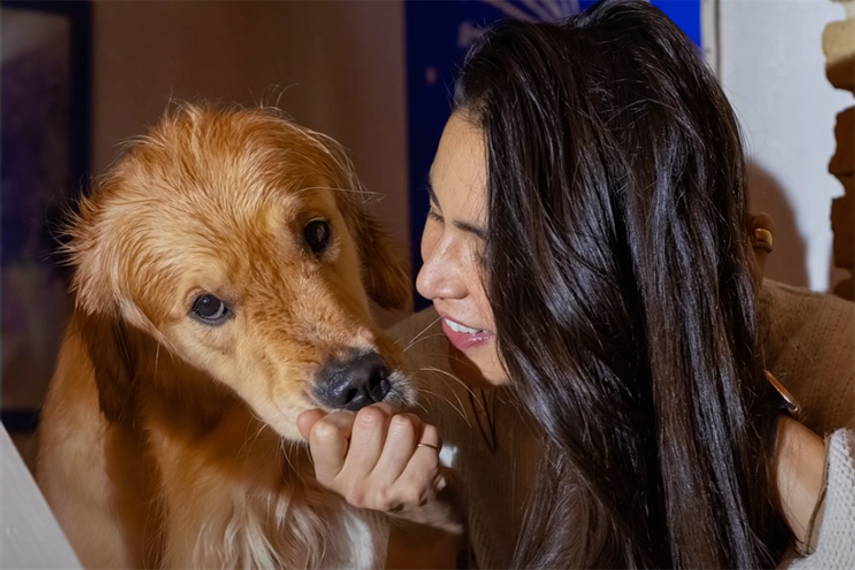
Please sign in or register
Existing users sign in here
Having trouble signing in?
Contact Customer Support at
[email protected]
or call+91 022 69047500
CEO describes move as 'very important'

Contact Customer Support at
[email protected]
or call+91 022 69047500
Top news, insights and analysis every weekday
Sign up for Campaign Bulletins
Heineken, Heineken 0.0, and Heineken Silver are covered under the deal's scope.
'Silicon Valley’s favourite ad man' is honoured by friends and colleagues.
The appointment follows a closed process across several global markets.
As AI-generated voices gain ground in media and marketing, ElevenLabs’ Siddharth Srinivasan believes that brands must decide—will AI enhance storytelling, or dilute the human touch in advertising?